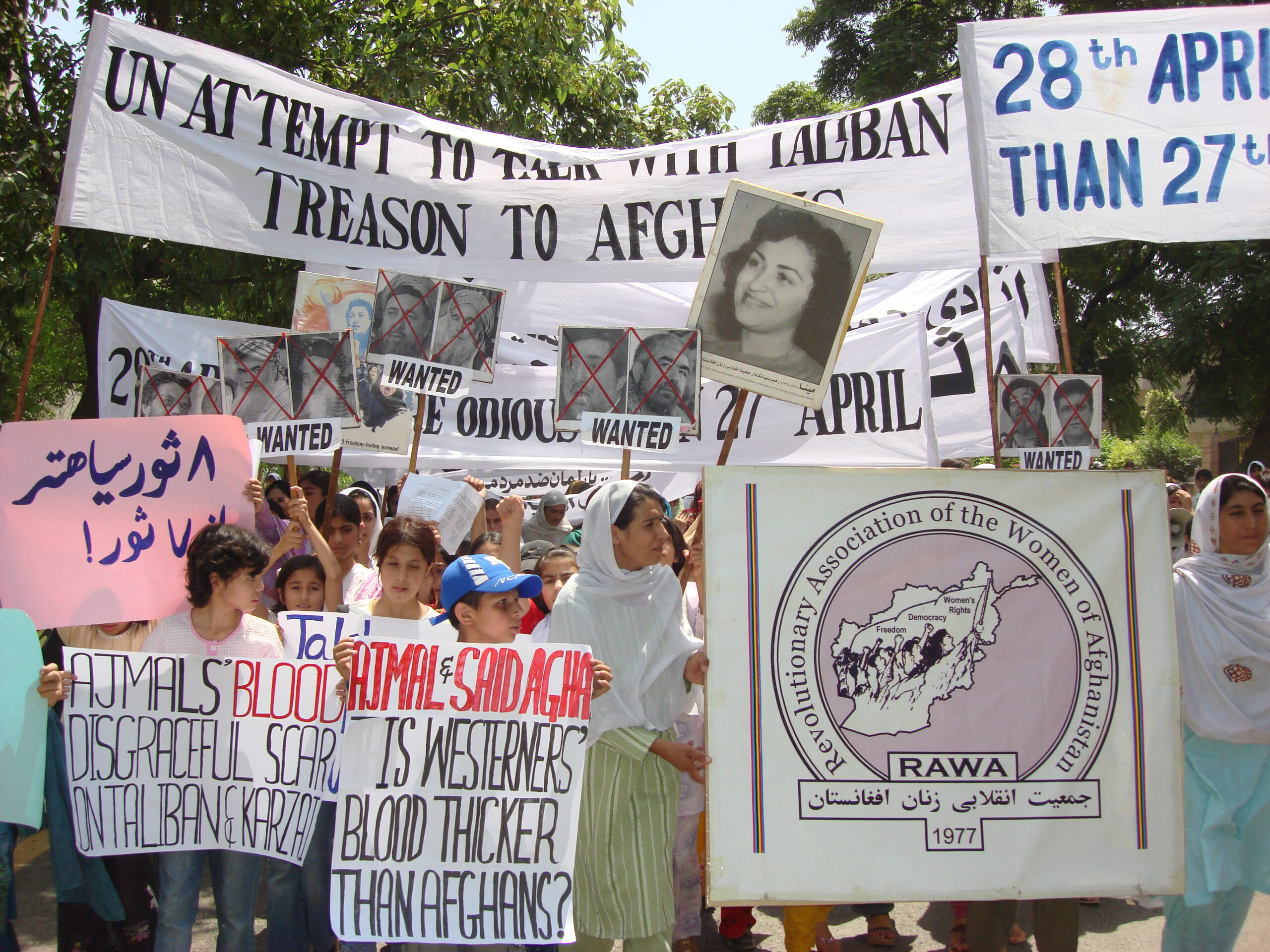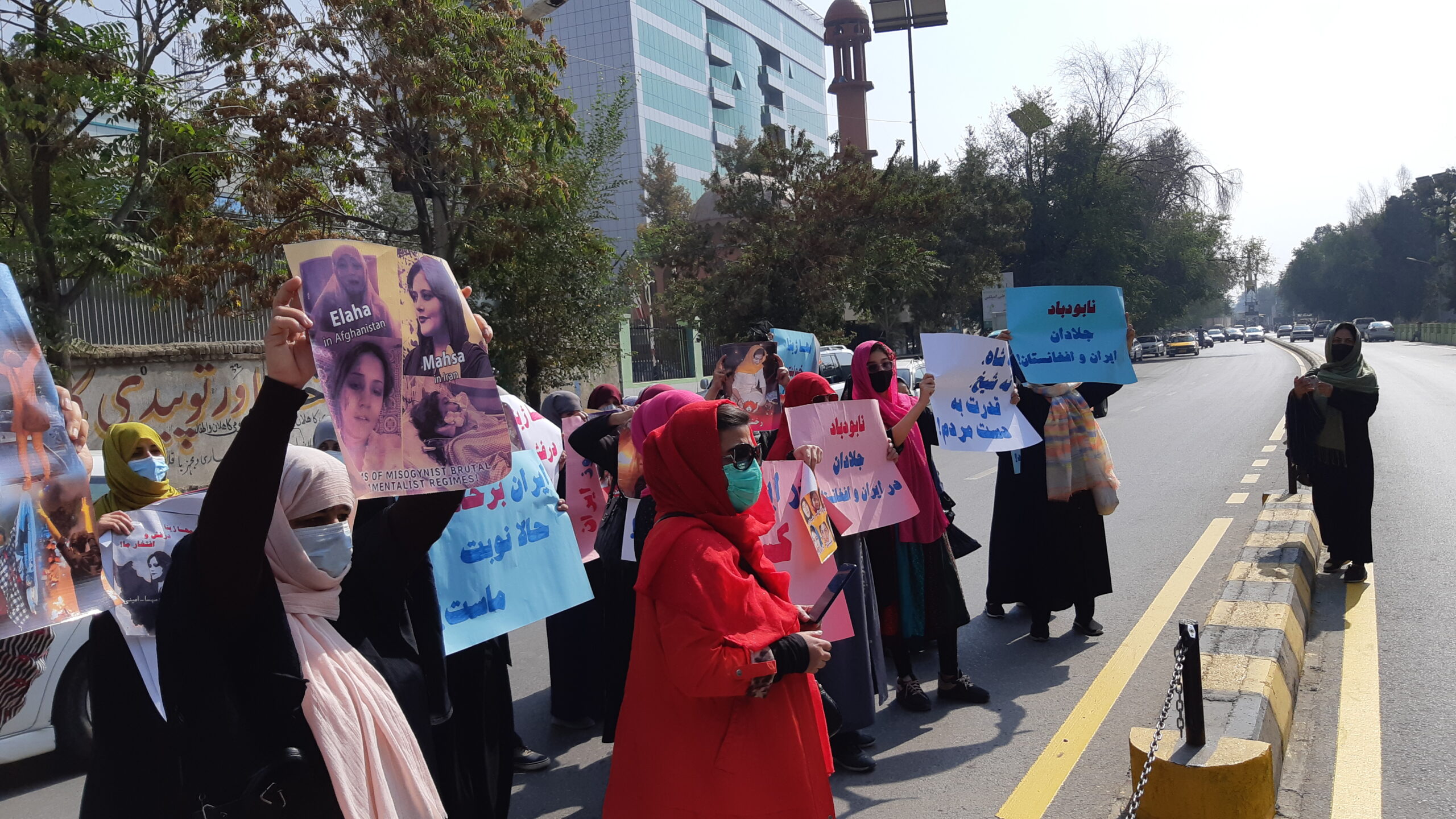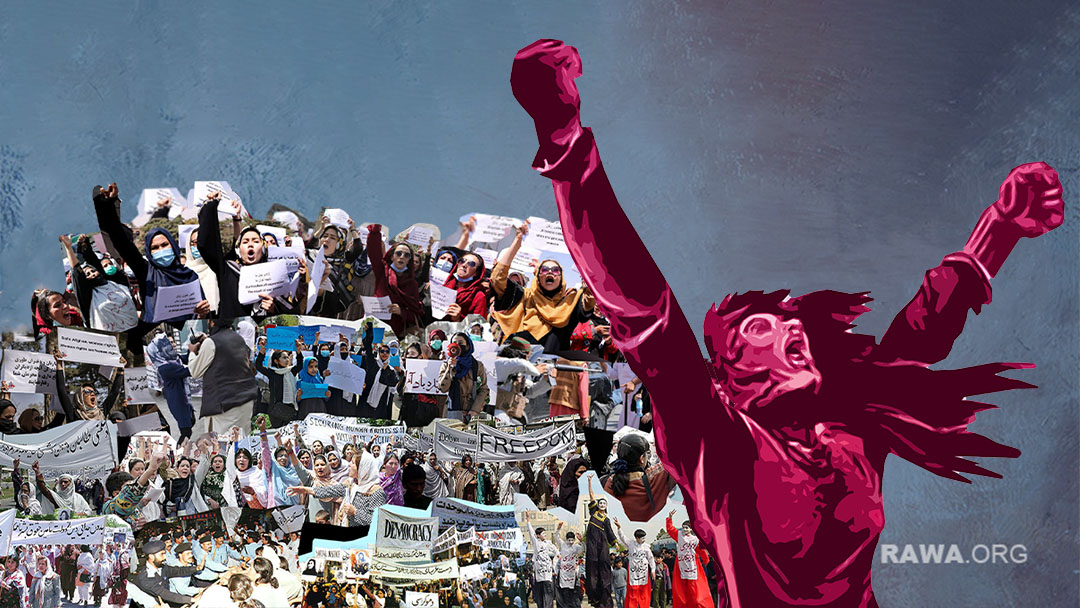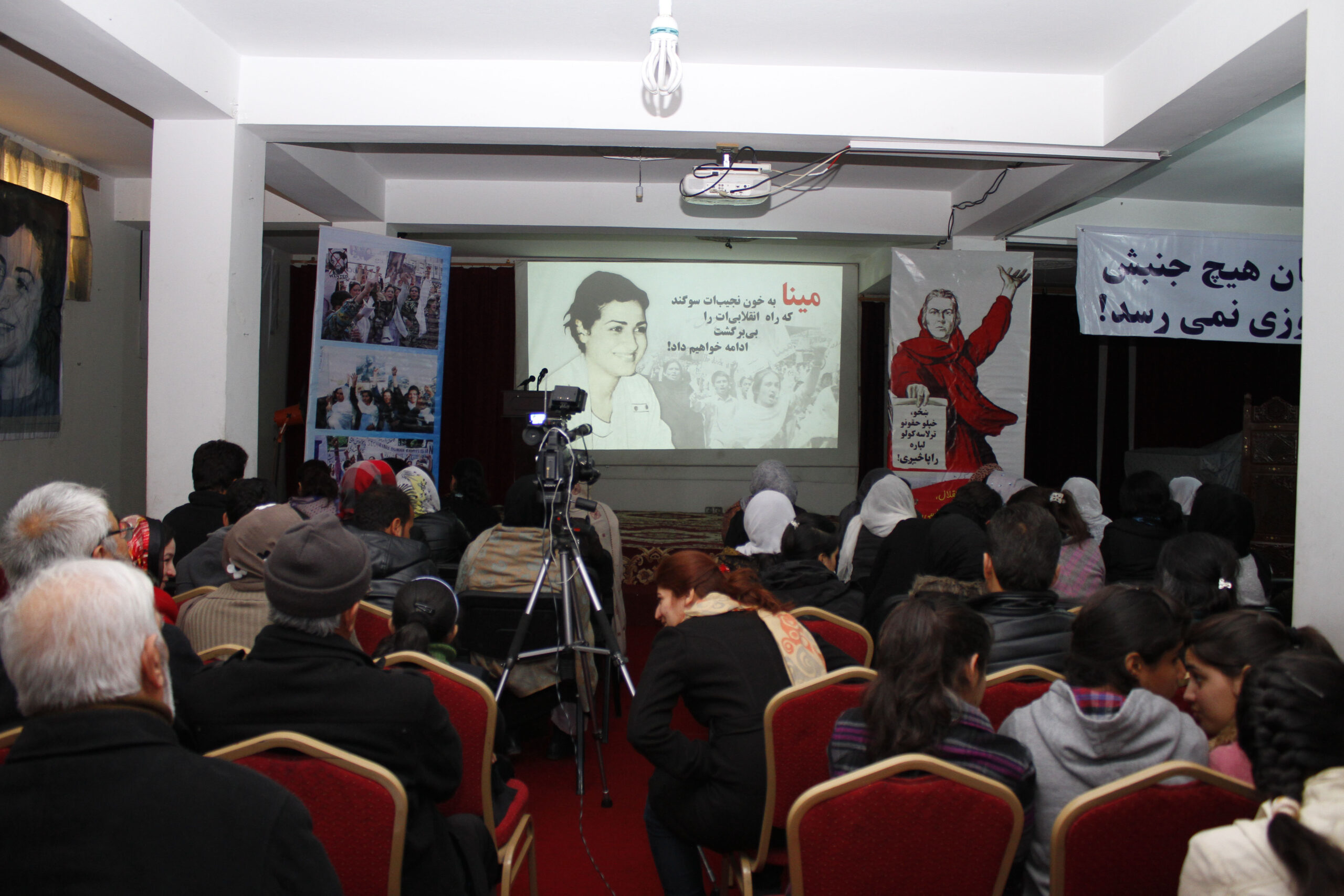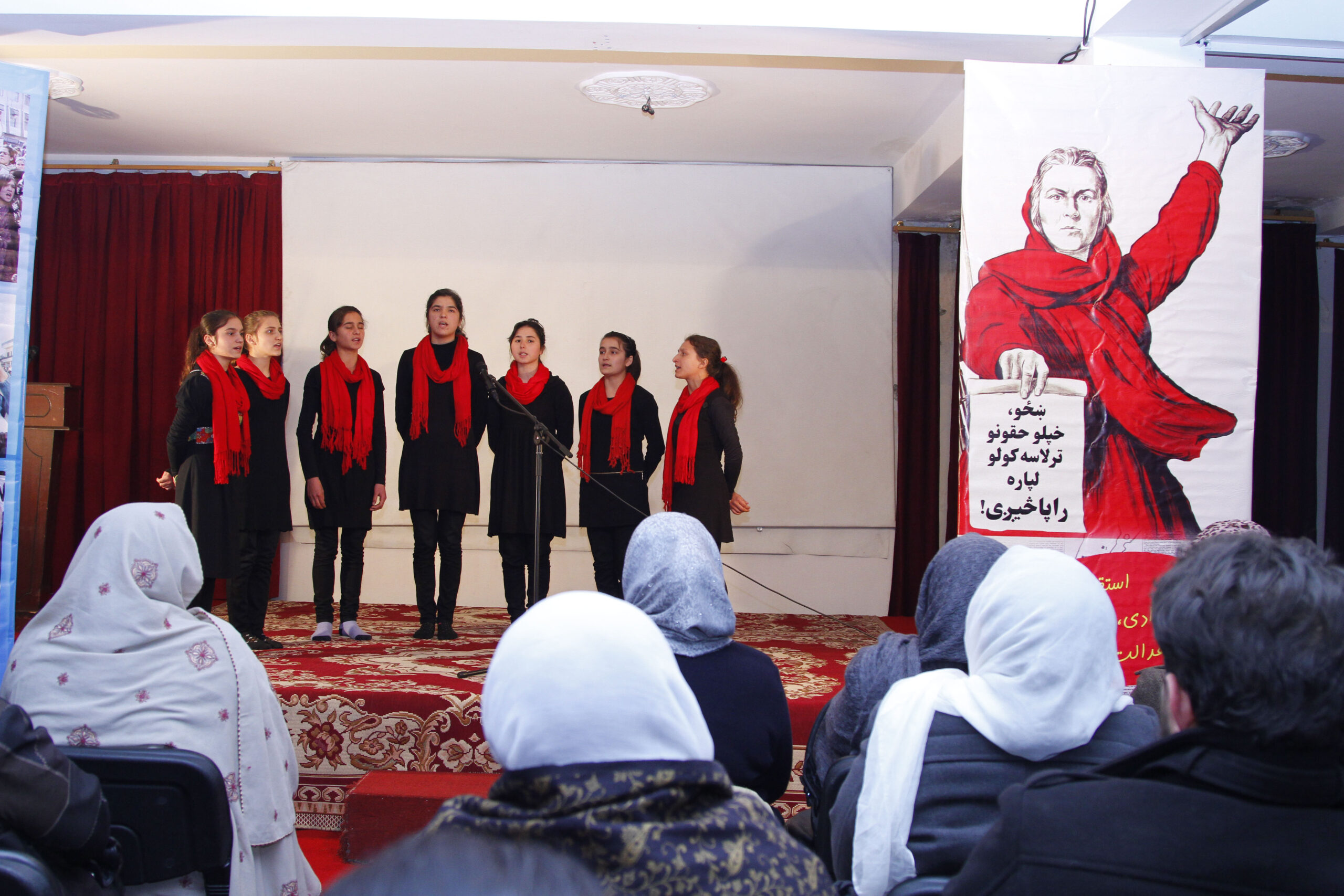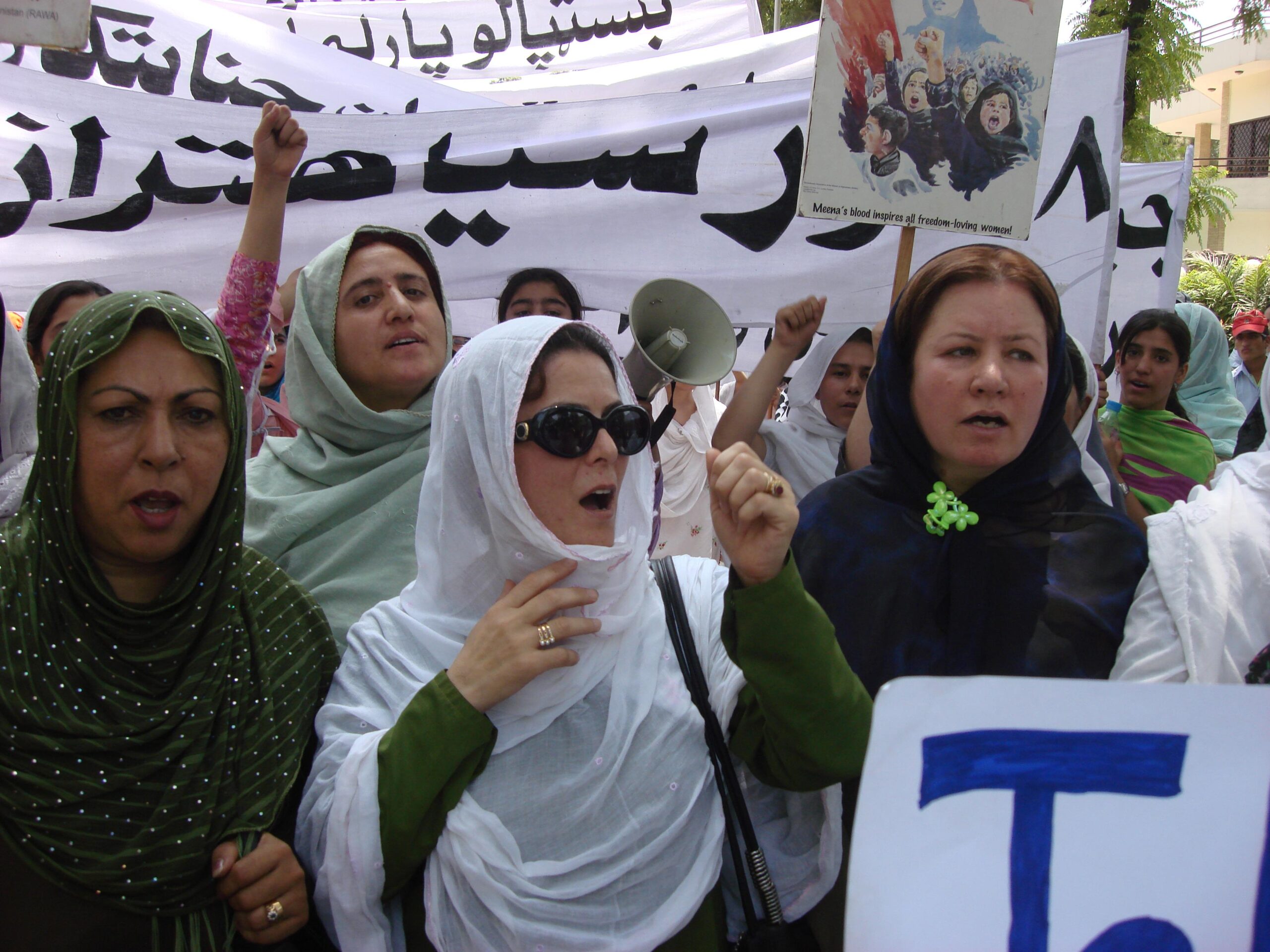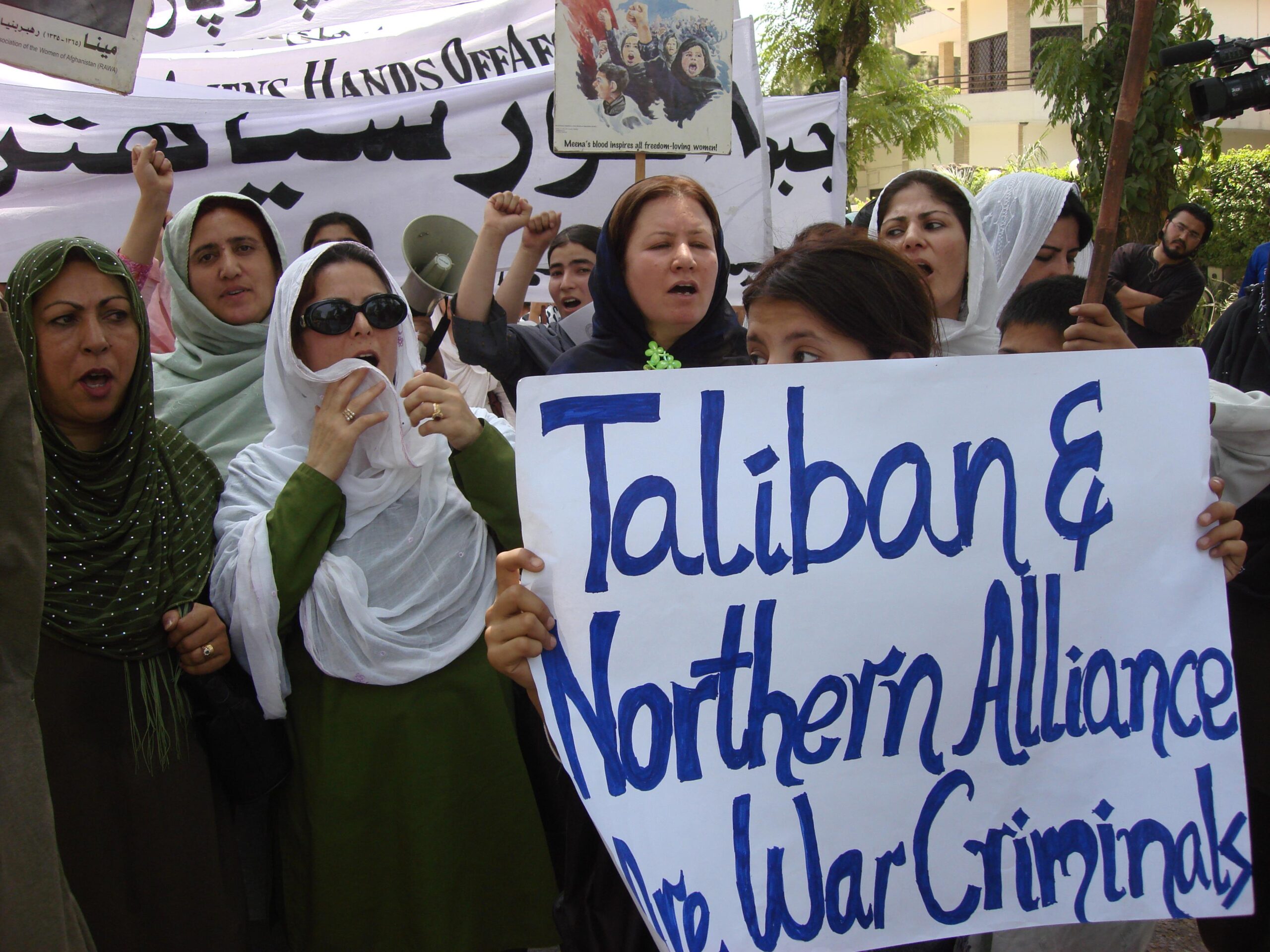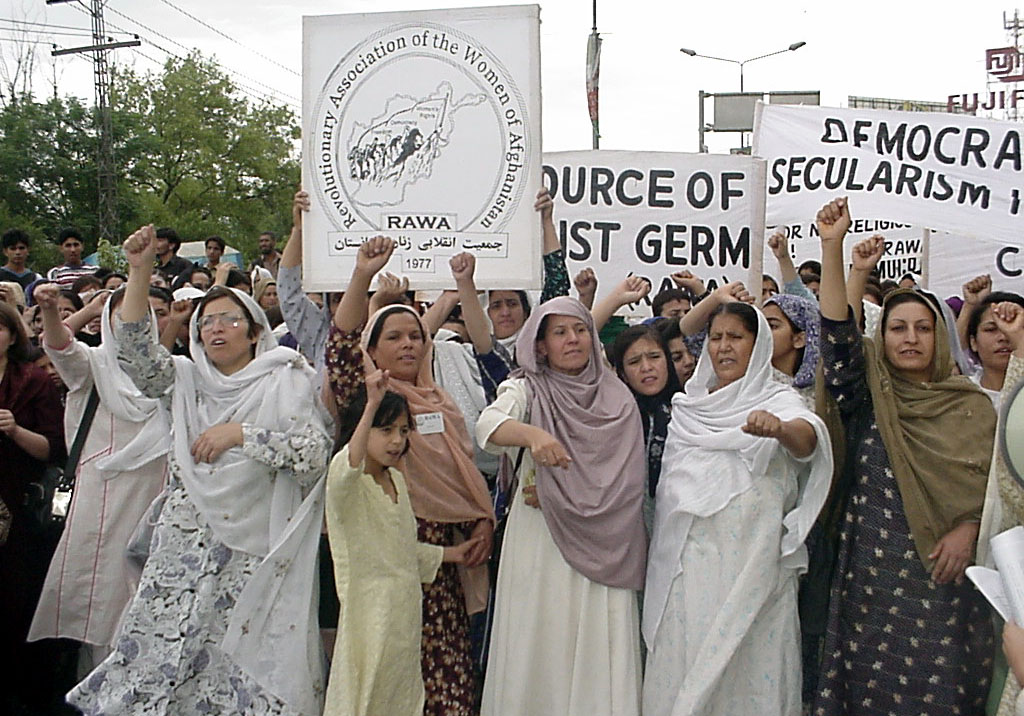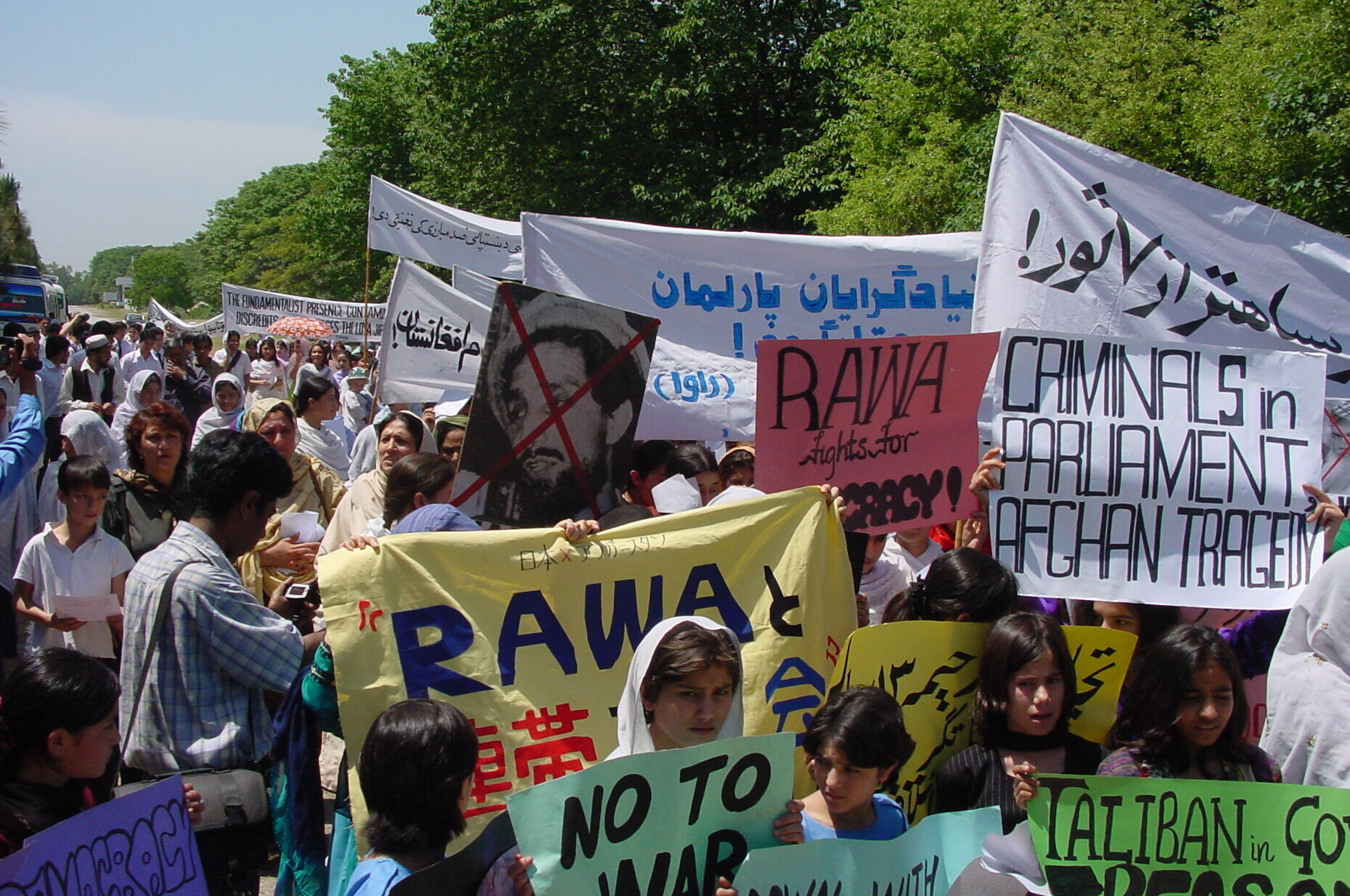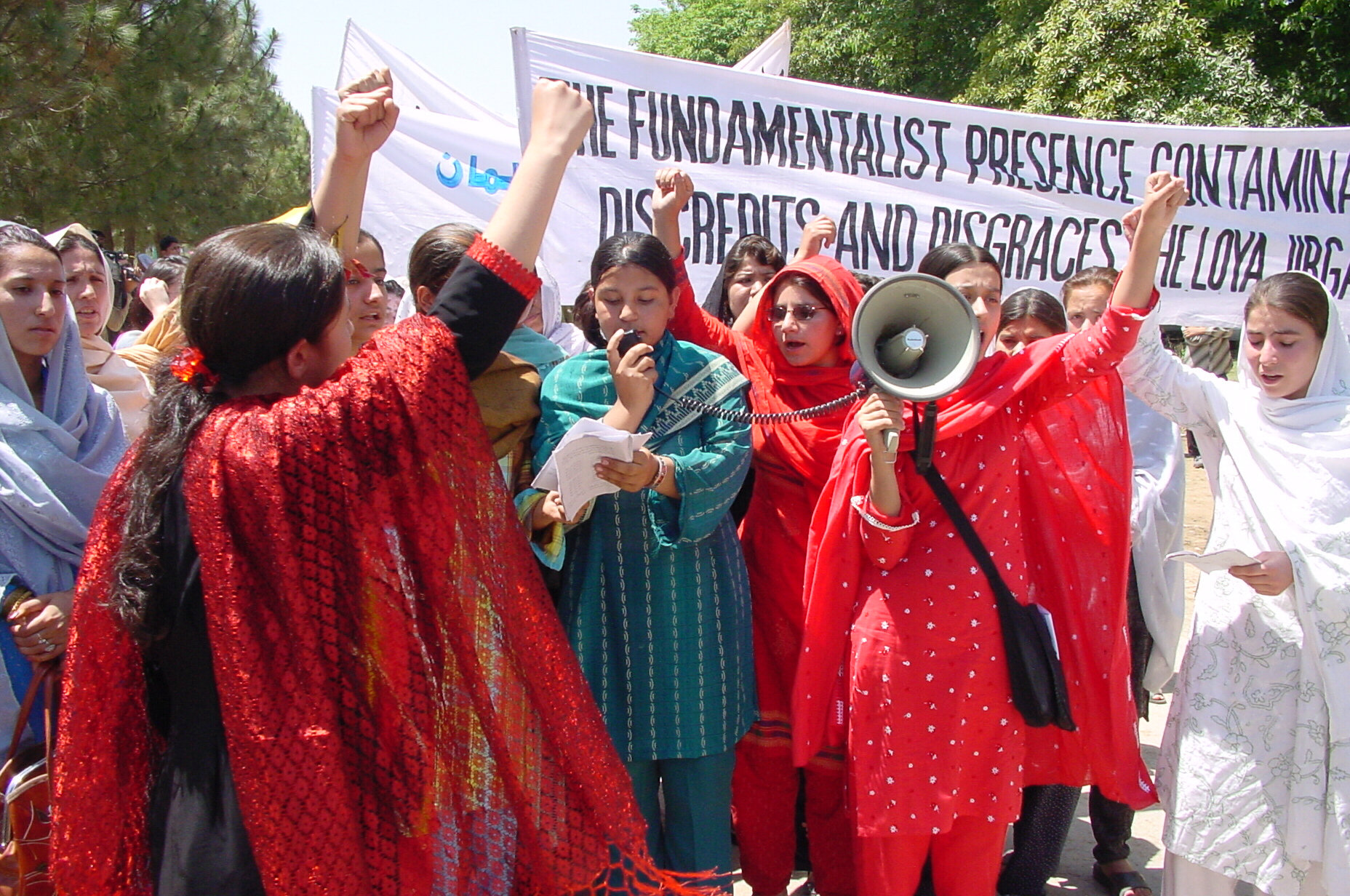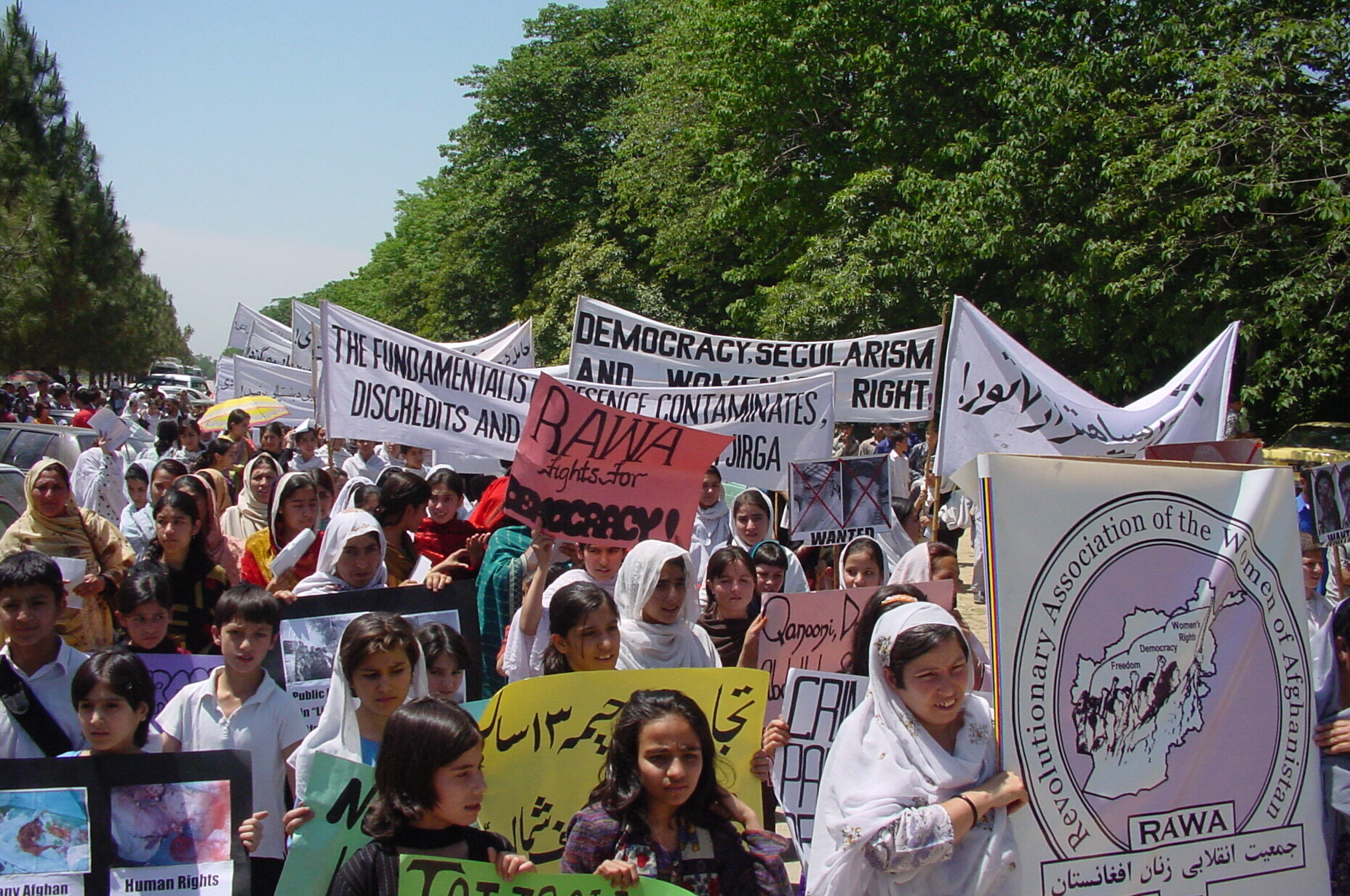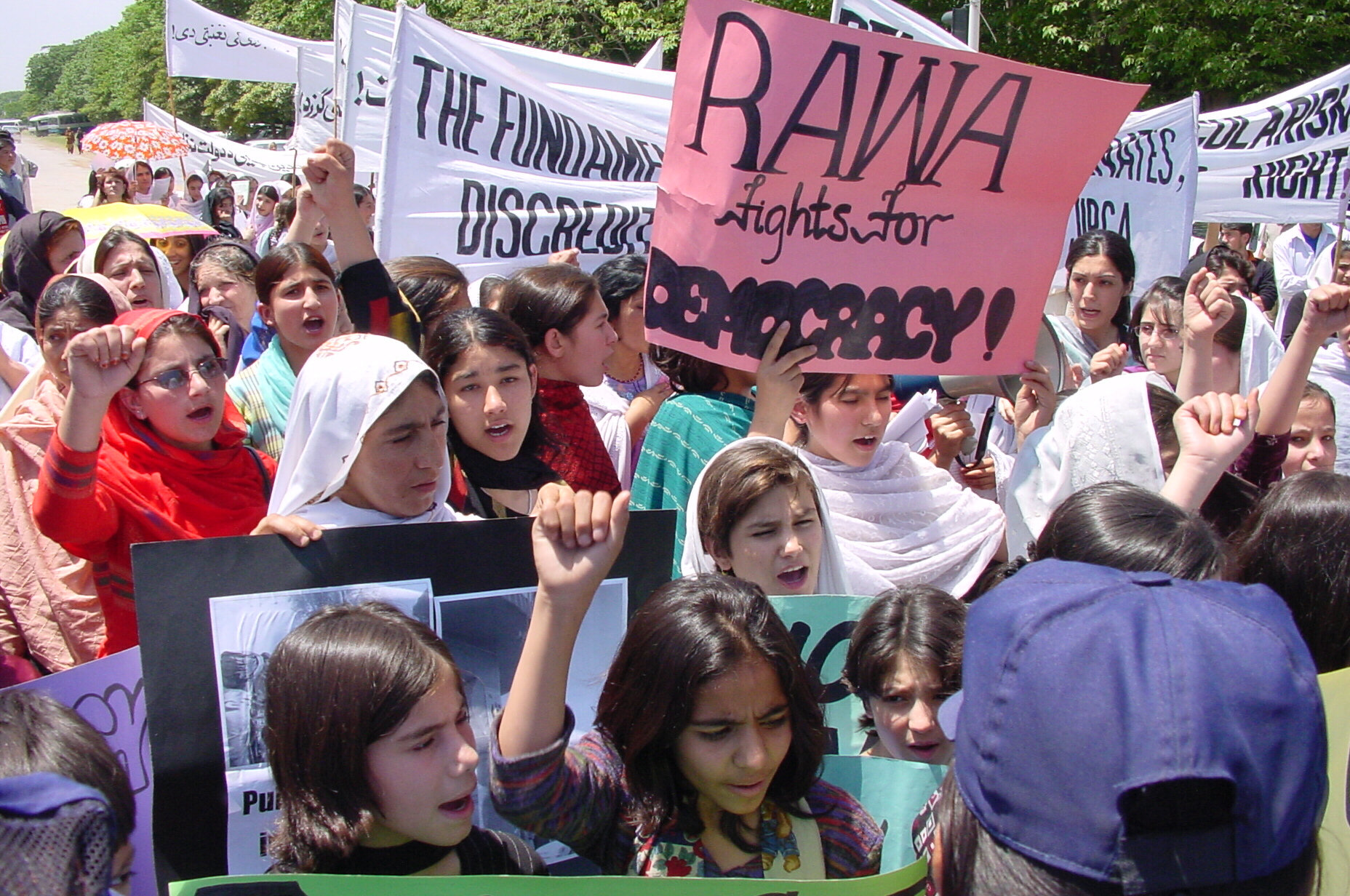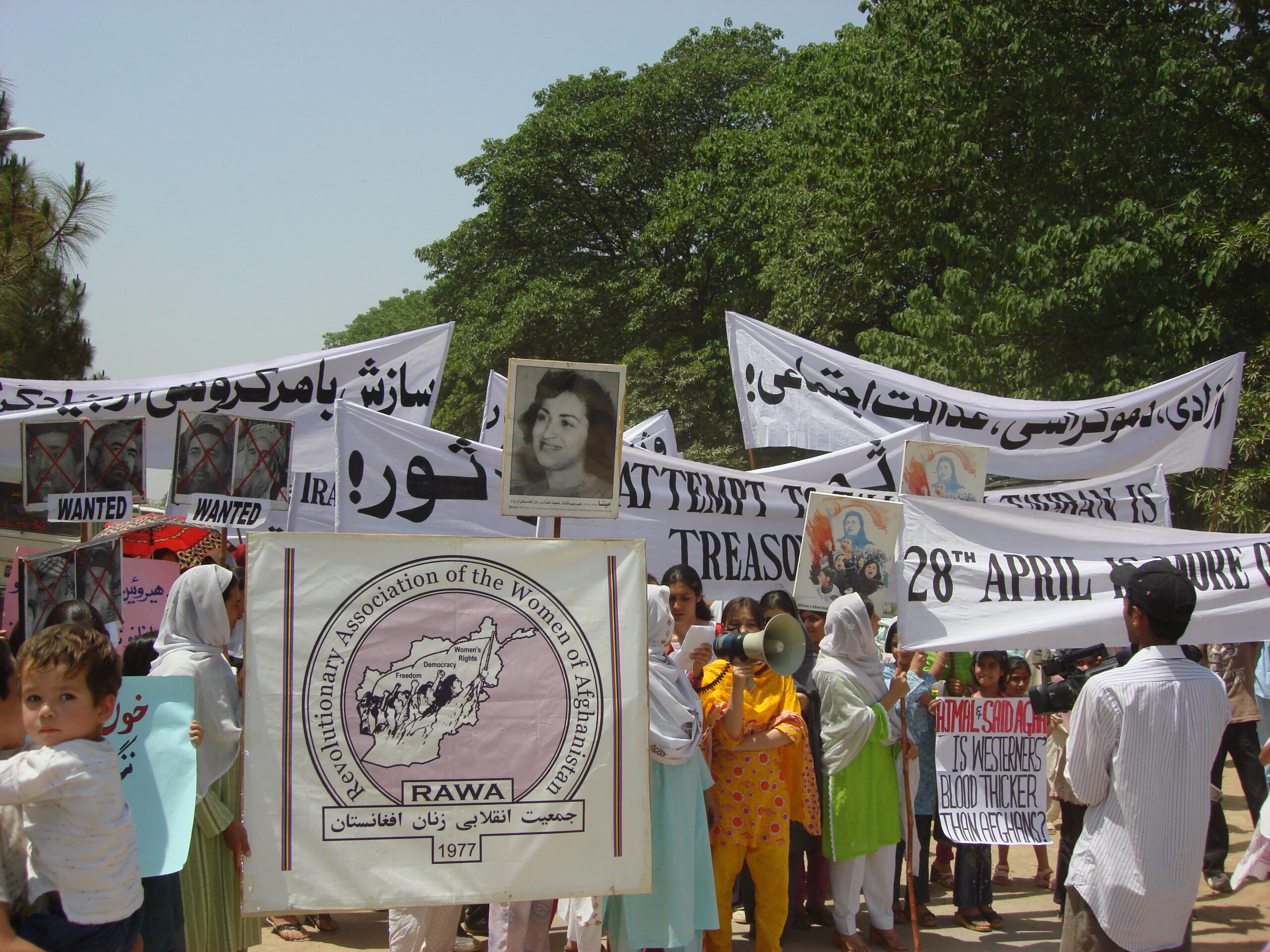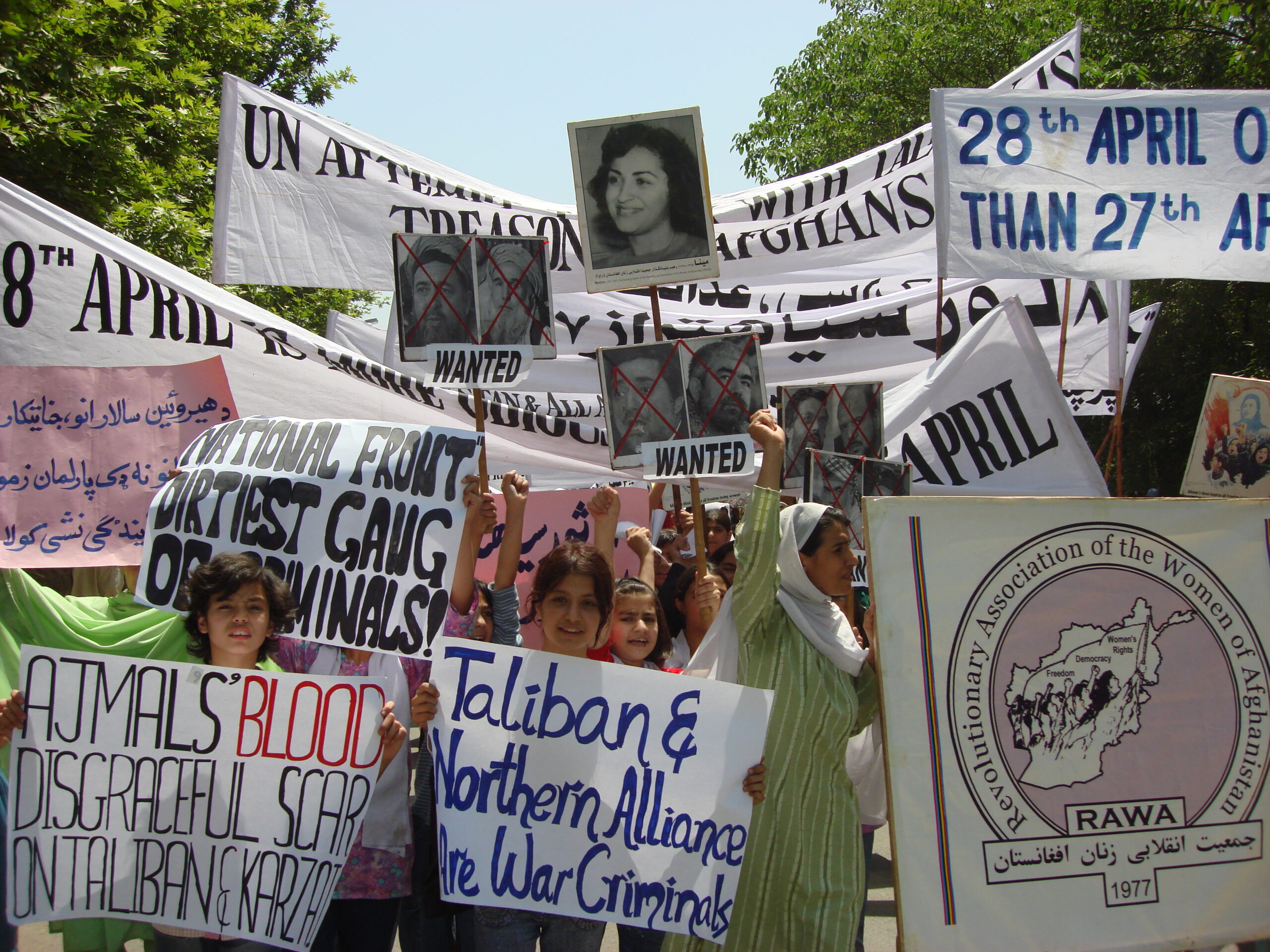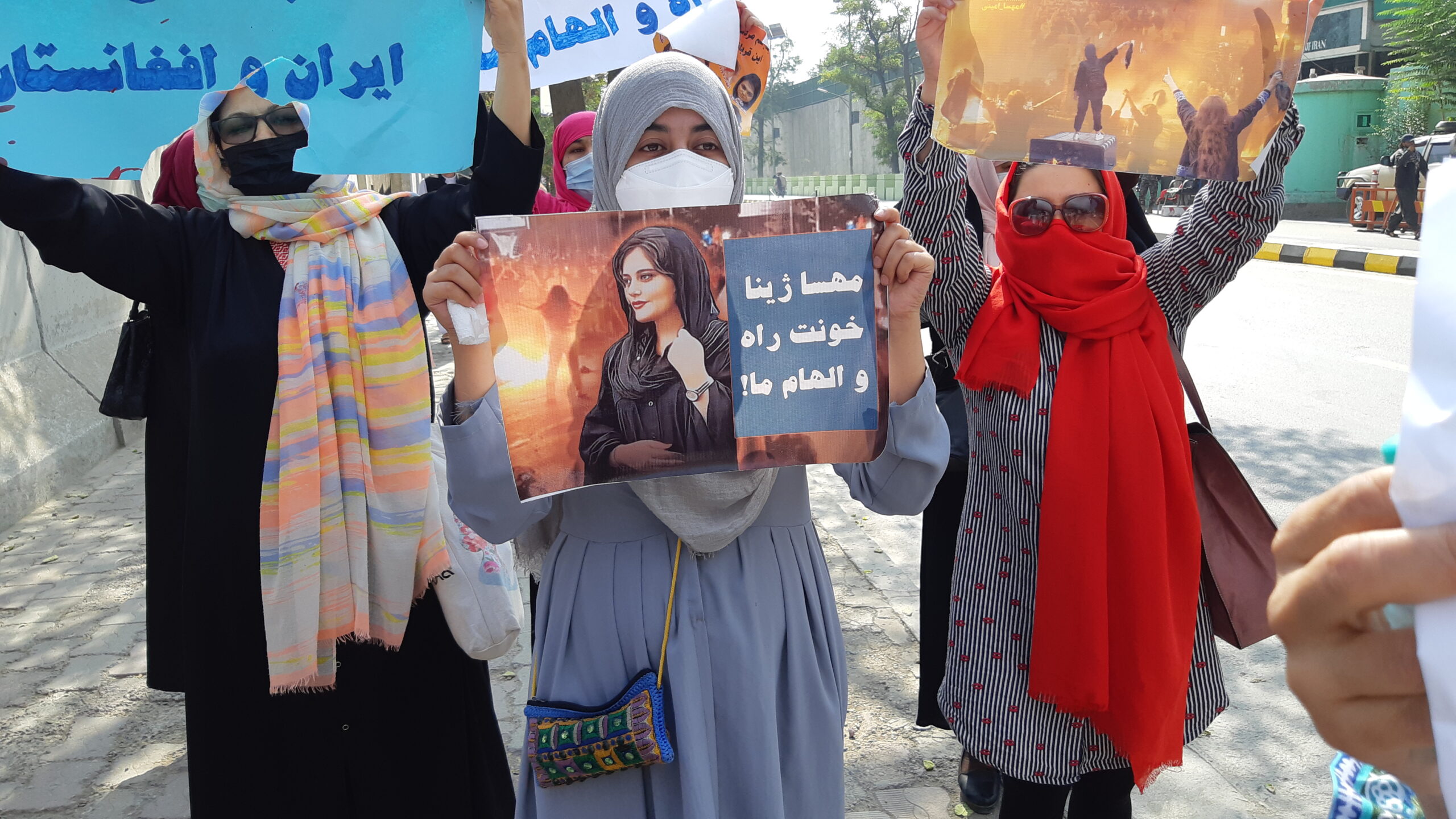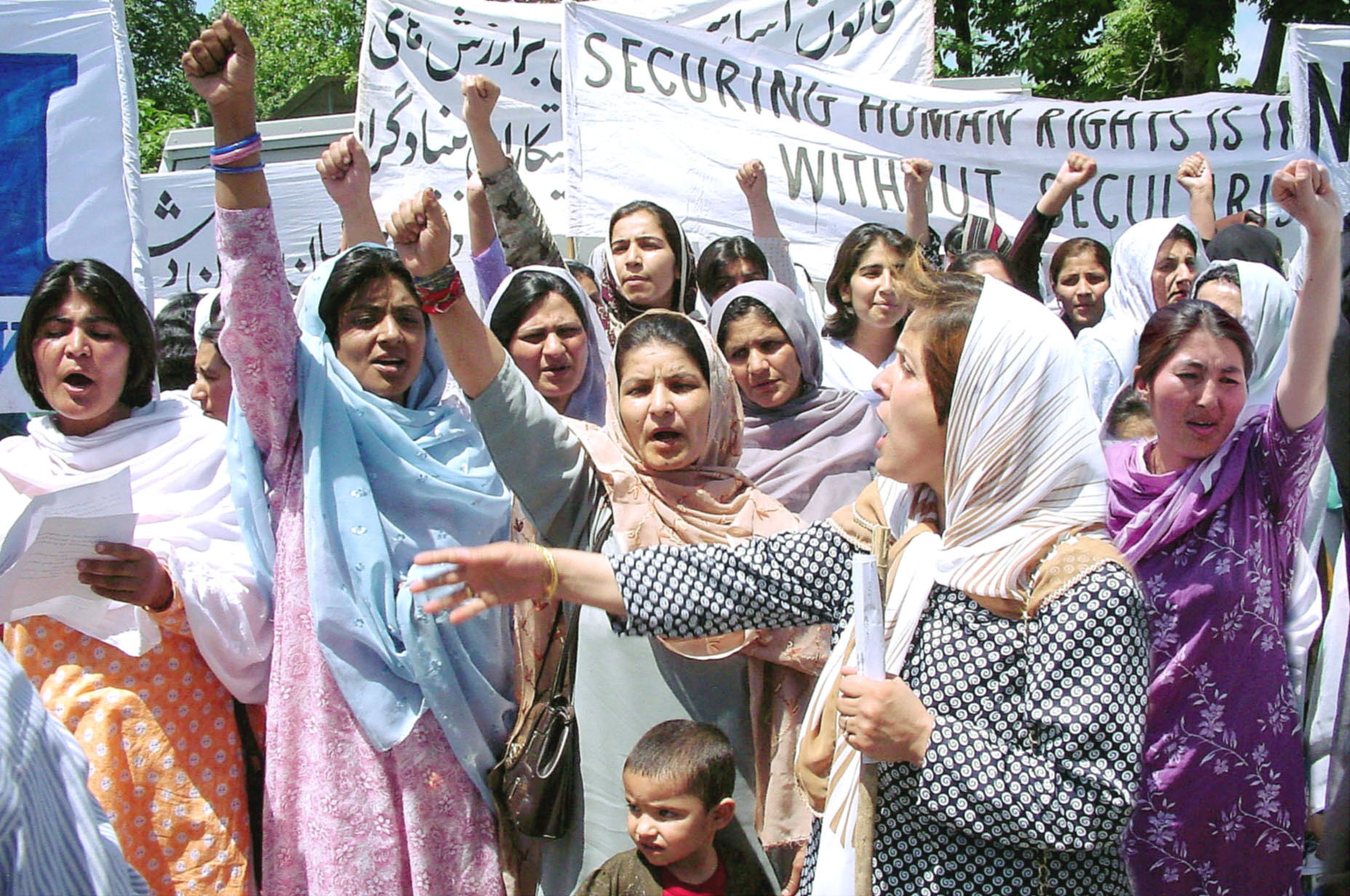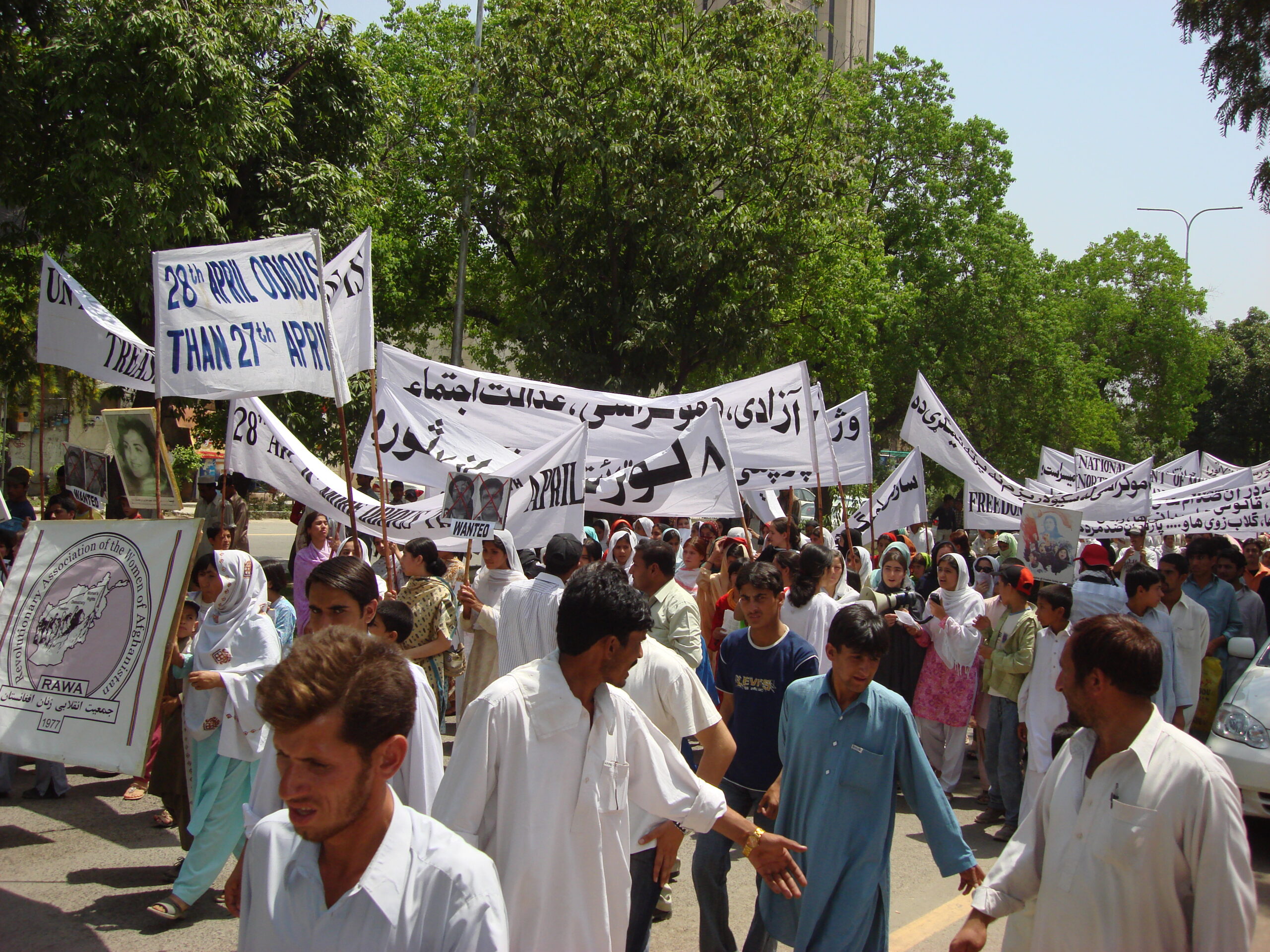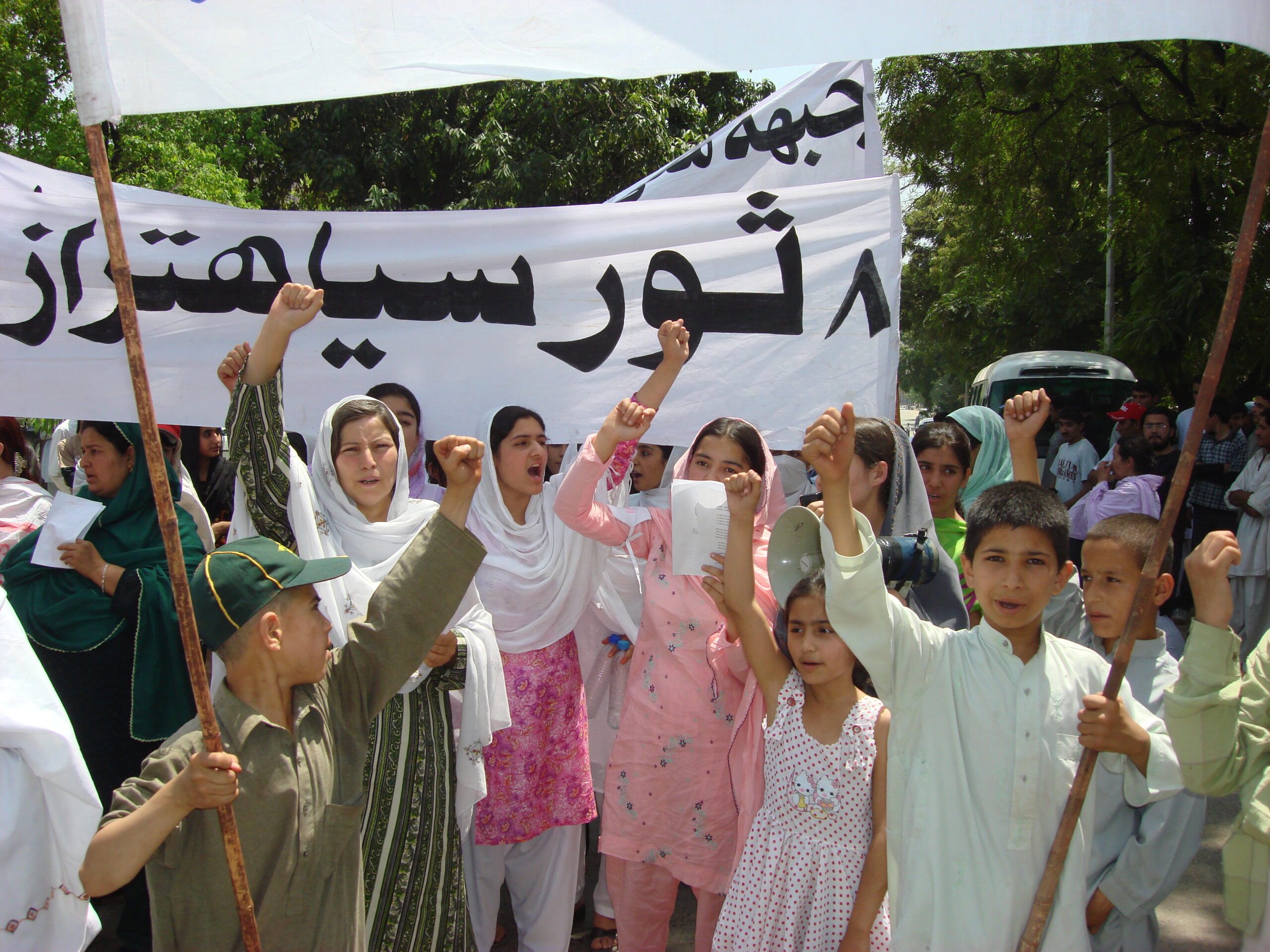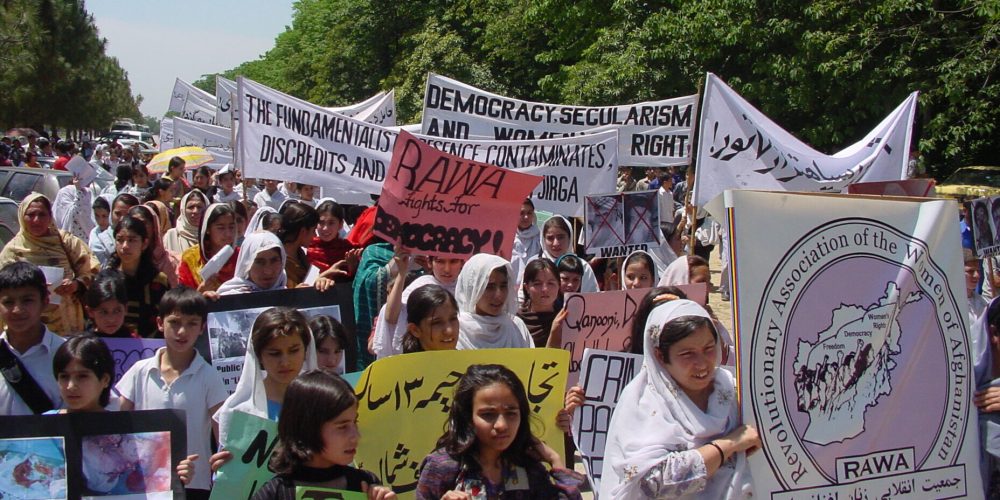As YPJ we support the campaign “Against the attacks of the hegemonic man, we stand alongside the women of Afghanistan and Shengal” launched by the Kurdistan Women’s Community (KJK). This is why we publish this video drawing attention to the situation of women in Afghanistan. We see the femicides carried out against women in Shengal and Afghanistan connected to the same fundamentalist mentality that ISIS and the Taliban share. In both cases, hegemonic powers authorized, supported and collaborated with these fundamentalists. In fact, it is these hegemonic powers who let ISIS enter Shengal and that made Afghanistan fall back into the hands of the Taliban. This alliance between the hegemonic forces and the most fundamentalist misogynist Islamists, is part of what we call the hegemonic male system. In this context, we found it useful to share a short informative video regarding the situation in Afghanistan.
Afghanistan is strategically located between the Middle East and Central Asia. Formerly of the Zoroastrian faith, in the Middle Ages it was conquered and the people started believing in Islam. Because of its strategic location, it has been ruled by many different empires. During the Cold War, it was invaded by the Soviets in 1979. Groups of the so-called Mujahideen and other parts of the population fought against the Soviets. The Mujahideen were financed and used by the USA in their anti-soviet function. Among them, there were both the Taliban and al-Qaeda. The main difference between them was that the Taliban aimed to take the rule of Afghanistan, transforming it into an Islamic state, while al-Qaeda had a more global vision and therefore identified the U.S. as the main obstacle to building an Islamic state. In 1992, following the withdrawal of Russia, a civil war broke out: on one side there were the Taliban, on the other one the so-called “Northern Alliance”, consisting of several groups of Islamic fundamentalists. In 1996, the Taliban came to power, but the situation was not entirely stable because the relationship with the Northern Alliance remained belligerent.
After the attacks on the Twin Towers in 2001, the U.S. invaded Afghanistan, claiming that Osama Bin Laden, responsible for the attack, was hiding there. They put Hamis Karzai into power, who served as their puppet-president. Women activists denounce that during this phase both the Taliban and warlords of the Northern Alliance held seats in parliament, which shows that the US objective was not to defend human rights or women’s rights. The goal of the US was to create the stability necessary to build a pipeline that would bring Turkmen oil to India through Afghanistan. According to the US, in 2021, the preconditions for this “stability” were achieved and the U.S. left Afghanistan, which directly fell into the hands of the Taliban. Today, the pipeline is taken care of by the Taliban.
When the Taliban came to power, they attempted to eliminate women from the social sphere, not only by preventing them from education or forbidding them to leave the house without a male guardian, but also by erasing the faces of women from public posters and preventing them from appearing on television with an uncovered face. Afghan women, despite the prohibitions and killings, continue to take to the streets and struggle against these patriarchal policies. One of the most active groups fighting for women’s rights is RAWA, the Revolutionary Association of the Women of Afghanistan, the longest running women’s association in Afghanistan.
The founders were a number of Afghan woman intellectuals under the leadership of Meena, who was assassinated in 1987. RAWA aims to build a government based on democratic and secular values. Since 1992, the focus of RAWA’s political struggle has been to struggle against the crimes of the Taliban. With the US “War on terrorism”, the Taliban was removed in October 2001. What was not removed was the religious fundamentalism, which is one of the main causes for women’s misery. By reinstalling the warlords one fundamentalist regime was replaced by another. RAWA believes that freedom and democracy can’t be donated; it is the duty of the people of a country to fight and achieve it.
As YPJ, we know that the righteous struggle of the women in Afghanistan is also our struggle. The system that oppresses women in Afghanistan is shaped by the dominant male mentality that acts according to the hegemonic powers of capitalist modernity. The only way of stopping these murderous policies against women is organized self-defense and worldwide women’s unity. Therefore, as YPJ, we will strengthen our self-defense, both on an ideological level as per the Women’s Liberation Ideology as well on a physical level, and give our promise to all the women who have been victims of the attacks of male oppression, that we will enhance and deepen the struggle of women’s liberation.
